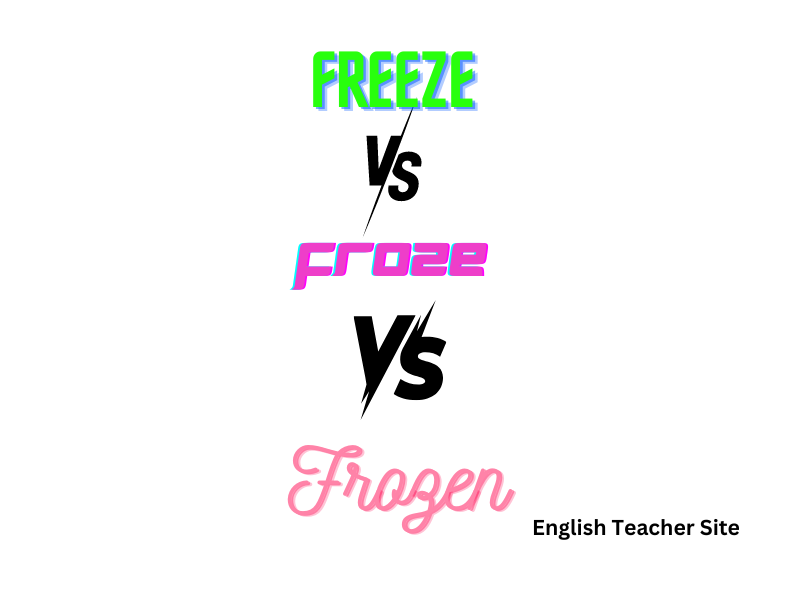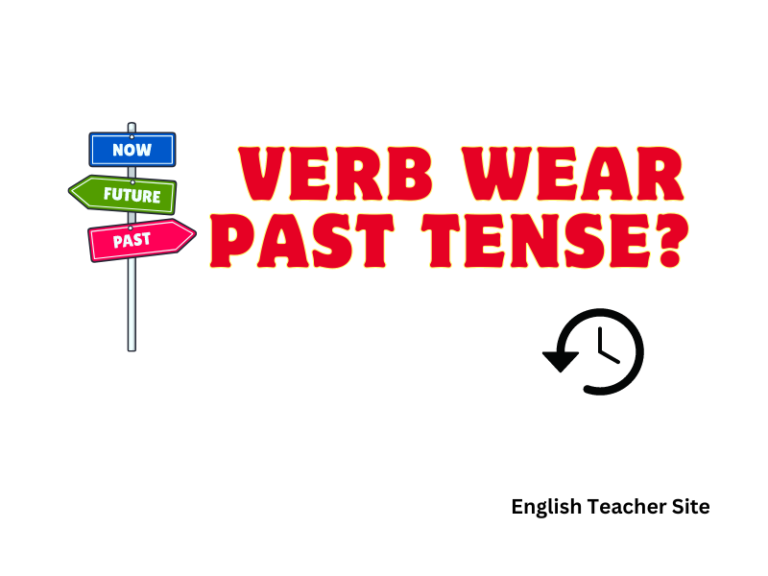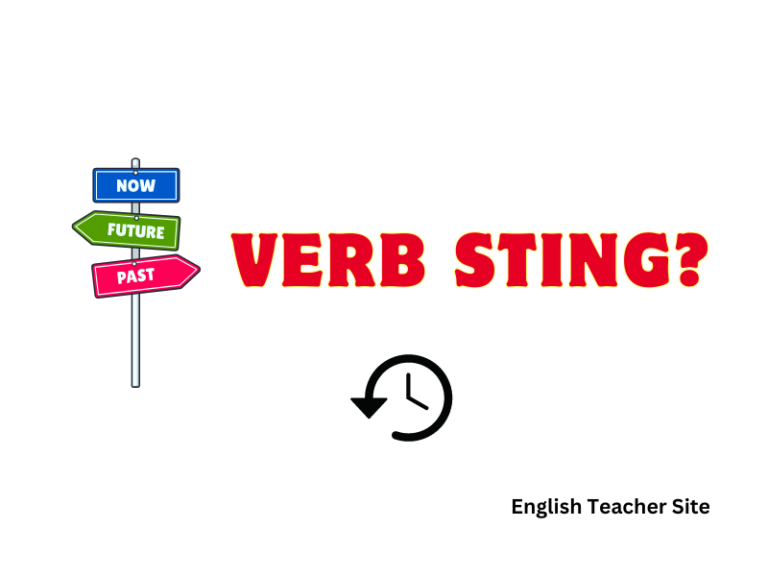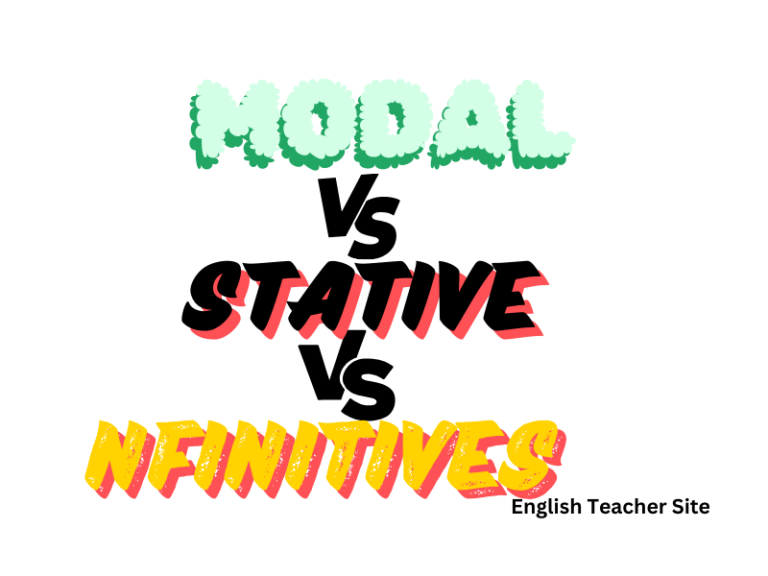Whats the Past Tense of Freeze: Froze or Frozen? Understanding Verb Tenses

- “Froze” is the simple past tense of “freeze.”
- “Frozen” is the past participle form used in perfect tenses.
- Use the correct form based on the sentence’s tense and structure.
Determining which form to use depends on the context of the sentence. When speaking about a past event that occurred and completed at a specific time, “froze” is appropriate. For example, one might say, “The lake froze overnight.” Conversely, “frozen” is needed when forming the present perfect, past perfect, or future perfect tenses, as in “The leftovers have frozen well in the deep freezer.”
Understanding the Verb “Freeze”
The verb “freeze” has different forms when used in past tenses. Selecting the correct form depends on the context of the sentence.
What’s the Past Tense of Freeze: Froze or Frozen?
Freeze as a verb describes the process of a liquid turning into a solid due to cold temperatures. When discussing events in the past, two forms of the verb are relevant: “froze” and “frozen.” To understand their use, observe the following structure:
| Simple Past | Past Participle |
|---|---|
| Froze | Frozen |
- Froze: This is the simple past tense of “freeze” and is used to describe an action that occurred and was completed in the past.
- Example: The water in the pond froze overnight.
- Frozen: On the other hand, “frozen” is the past participle form, which requires a helper verb to indicate the perfect aspect or can be used as an adjective.
- Example (perfect aspect): The lake has frozen solid this winter.
Differentiating Between “Froze” and “Frozen”
Differentiating between “froze” and “frozen” can be simplified by recognizing their grammatical roles and the context in which they are used. Below is a table highlighting key differences:
| Froze (Simple Past) | Frozen (Past Participle/Adjective) |
|---|---|
| Utilized without a helper verb | Often requires a helper verb (has, have, had) |
| Indicates an action completed in the past | Completes the perfect aspect or describes a state |
| Cannot act as an adjective | Can act as an adjective |
- Use “froze”:
- When referring to a past action without continuation to the present.
- Sentence: She froze in fear when she heard the noise.
- Use “frozen”:
- When linking the past action to the present or as a description.
- Sentence: The roads have frozen and are now dangerous to drive on.
- Adjective: Be careful with the frozen food; it’s very delicate.
Applying Freeze in Simple Present Tense (Examples)
The verb “freeze” denotes a state where a liquid turns into solid due to cold temperature. This section provides examples of using “freeze” in the simple present tense.
Single Subjects:
For singular third-person subjects like he, she, and it, the verb “freeze” changes slightly to “freezes.”
| Subject | Sentence Example |
|---|---|
| He | He freezes water to make ice. |
| She | She freezes when startled. |
| It | It freezes at 0°C or 32°F. |
Multiple Subjects:
With subjects such as I, you, we, and they, the word “freeze” remains in its base form.
- I often freeze leftovers for later.
- You freeze your computer screen when you press the pause button.
- We freeze in line at the store during a sale.
- They freeze their gym membership during vacations.
The present tense form of “freeze” can be used to describe habitual actions or general truths. Remember that in the simple present tense, the verb doesn’t change when plural subjects or the pronouns I and you are used.
| Subject | Habitual Action Example | General Truth Example |
|---|---|---|
| I/You/We/They | They often freeze fruit for smoothies. | Water freezes below 32 degrees Fahrenheit. |
| She/He/It | She freezes up in front of audiences. | Ice cream freezes to maintain its shape. |
Utilizing Froze in Past Tense (Examples)
“Froze” is the simple past tense of “freeze,” used to describe an action that occurred at a specific time in the past.
When constructing sentences in the past tense, “froze” clearly denotes that the action of freezing is complete. Here are some sentence structures and examples using “froze” in various contexts:
Simple Statements
| Subject | Verb (Froze) | Object/Complement |
|---|---|---|
| He | froze | the leftovers yesterday. |
| They | froze | in their tracks when they heard a noise. |
Negative Statements
| Subject | Auxiliary Verb | Not | Verb (Froze) | Object/Complement |
|---|---|---|---|---|
| She | did | not | freeze | the cake since it was already cold. |
| It | did | not | freeze | overnight despite the cold weather. |
In questions, “Did” precedes the subject:
- Did she freeze the chicken?
- Did the water in the pond freeze?
In conditional sentences, “froze” is used to describe a past condition:
- If he froze the samples in time, they may still be usable.
- They wouldn’t have felt so cold if they hadn’t froze all night without heat.
Use “froze” with subjects to detail scenes or scenarios in the past:
- The lake froze solid during the winter of ’78.
- Last night, as the temperature dropped, she froze the juice to make popsicles.
Illustrating Examples with the Past Participle “Frozen”
This brief introduction focuses on the use of the past participle “frozen.” Accurately applying the term in sentences enhances the clarity and coherence of communication.
Using “Frozen” in Different Contexts
To demonstrate the utility of “frozen,” consider its application across different tenses and voices. This distinction is pivotal for constructing grammatically correct sentences.
| Tense | Example |
|---|---|
| Present Perfect | They have frozen the leftovers. |
| Past Perfect | She had frozen in fear. |
| Passive Voice | The pond was frozen overnight. |
These instances confirm that “frozen” pairs with auxiliary verbs to denote actions completed in the past or conditions persisting from past to present.
Common Mistakes
- A frequent error occurs when “frozen” is misapplied as a simple past tense.
Correct: He froze the water into ice.
Incorrect: He frozen the water into ice.
Guidelines for Usage
- “Frozen” is the past participle and should be used with “has,” “have,” “had,” or in passive constructions.
- It is never correct to use “frozen” as a substitute for “froze,” the simple past tense of freeze.
Uncovering the Origin of the Word/Verb Freeze
The verb freeze has a rich linguistic history that traces back to ancient languages. It is derived from the Old English freosan, which held the intransitive meaning “to turn to ice”. Over time, this term evolved in the Germanic language family, maintaining a similar sense across different languages.
| Germanic Language | Term | Meaning |
|---|---|---|
| Old English | freosan | to turn to ice |
| Dutch | vriezen | to freeze |
| Old Norse | frjosa | to freeze |
| Old High German | friosan | to freeze |
| German | frieren | to freeze |
Freeze in Middle English was represented as fresen, which changed to the contemporary form through phonetic development. The modern variants of the word freeze exhibit the verb’s transition through linguistic stages.
- Past Tense: froze
- Past Participle: frozen
The usage of froze and frozen denotes different grammatical contexts in English:
- Froze is the simple past tense, used to indicate an action completed in the past.
- Frozen serves as the past participle, which can function as an adjective or in perfect tense constructions.
| Application | Example Sentence |
|---|---|
| Simple Past | The pond froze overnight. |
| Past Participle | The road is frozen and slippery. |
Source
My name is Khamis Maiouf. I am the creator of the English Teacher Site, dedicated to providing valuable resources and insights for students around the world. With a passion for education and a commitment to helping students enhance their skills, I aim to make English teaching more effective and enjoyable for both educators and students.






